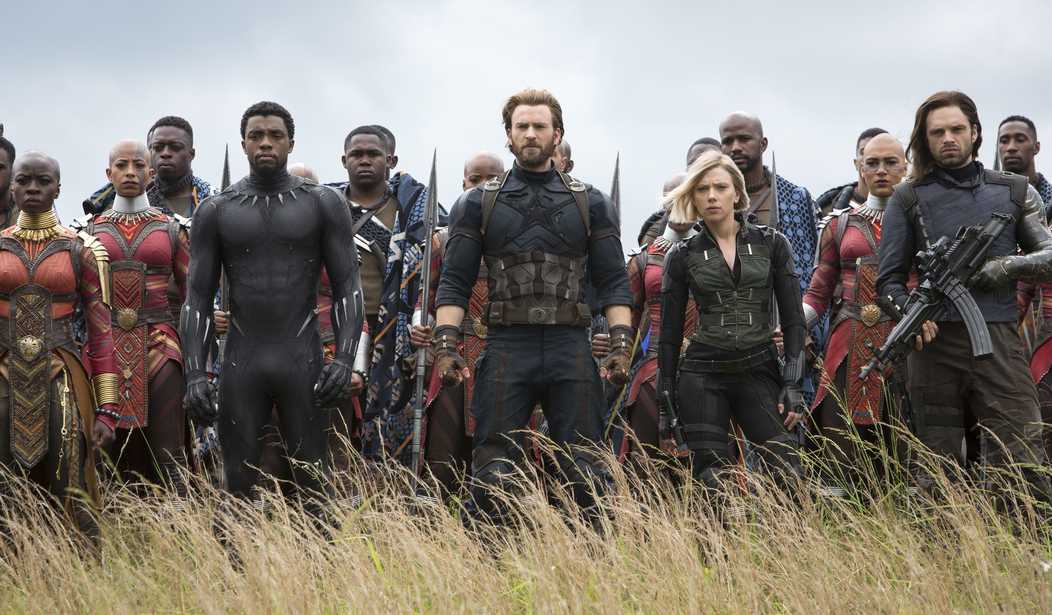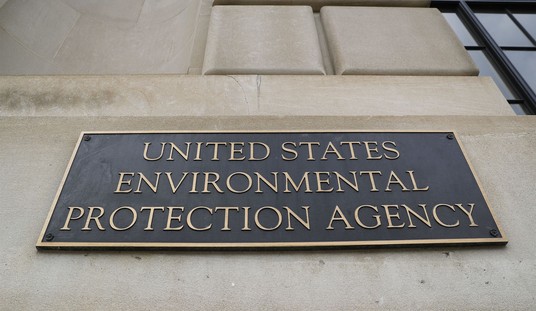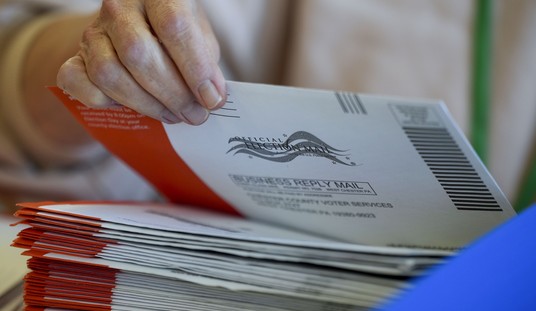Have you noticed as you’re browsing through movies on various streaming services that they are being segregated by racial or other demographics?
For example, over at Disney Plus, there’s a curated list of movies you can choose from called “Celebrate Black Stories,” which includes flicks like The Lion King reboot, Disney Pixar’s Soul, The Black Panther, Cool Runnings, Sister Act, even Disney’s reboot of A Wrinkle in Time. Netflix similarly has a genre called “Black Stories” with subsections for “Black Sitcoms,” “Black Lives Matter,” “Black Superheroes,” and a genre called LGBTQ.
This has been going on for some time now, but what got me thinking about it again was a recent article published by Gizmodo about the new Marvel movie Shang-Chi and the Legend of the Ten Rings, headlined, “Shang-Chi’s Director on Making a Marvel Movie for Asian Americans.”
So, am I not supposed to watch 'Shang-Chi' because it's not "for" me because I'm not Asian American? pic.twitter.com/7K0BmdOzjJ
— Matt Margolis (@mattmargolis) September 7, 2021
The headline has since been changed, but the message of the original headline still bothers me. Is Shang-Chi and the Legend of the Ten Rings only for Asian-American audiences? White, black, Latino, European, etc., etc. moviegoers need not bother to see it because it’s not “for” them? So much of the publicity surrounding the movie focuses on the identity of the director and cast that, despite all the ink it’s received, I still don’t even know what the movie is about.
It’s an unfortunate side effect of our times that moviemakers now market movies around the identity of the leads, not the quality of the story. Any superhero movie with a female lead will make the actor’s gender the most important aspect of the film, and if it doesn’t do well, sexism is ultimately blamed. The best example of this is actually the 2016 reboot of Ghostbusters, which gender-swapped the lead characters from the original 1980s classic. The movie was a horrible mess and wasn’t well received. But the problem, according to some, was the sexism of the audiences, not the fact that it was a terrible movie.
Never mind the fact that American audiences have enjoyed action and thriller movies with female leads for decades. We loved seeing Sigourney Weaver as Ellen Ripley in Aliens, and Linda Hamilton in Terminator 2: Judgement Day. We didn’t need these movies to be branded as female empowerment flicks. We saw them and loved them because they were epic films with great characters. But lately, all movies with minority or female leads will pummel you with messaging that the lead characters are essentially a stand-ins for their entire race, sexuality, or gender—and if you don’t like the movie, you’re a racist, homophobe, or sexist.
I even recall seeing Disney’s Moana under a banner for Asian-American and Pacific Islander (AAPI) movies. I happen to love this movie, but never really considered it to be an AAPI film any more than I considered The Incredibles to be a movie for white people. Spider-Man: Into The Spiderverse, easily the best Spider-Man movie ever, is often labeled a “black story.” Seeing it described as such was news to me. Is Spider-Man: Into The Spiderverse supposed to be a movie only for blacks and Latinos because the main character, Miles Morales, is played by a mixed-race actor? Am I only supposed to watch the Tobey Maguire, Tom Holland, or Andrew Garfield Spider-Man movies?
Because when we segregate movies by demographics, that’s the message that’s being sent. Why can’t audiences of all colors looking for an inspiring sports movie watch both Rudy and Cool Runnings without caring about race or ethnicity? Why must we obsess over our differences instead of seeing stories as belonging to all of us?










